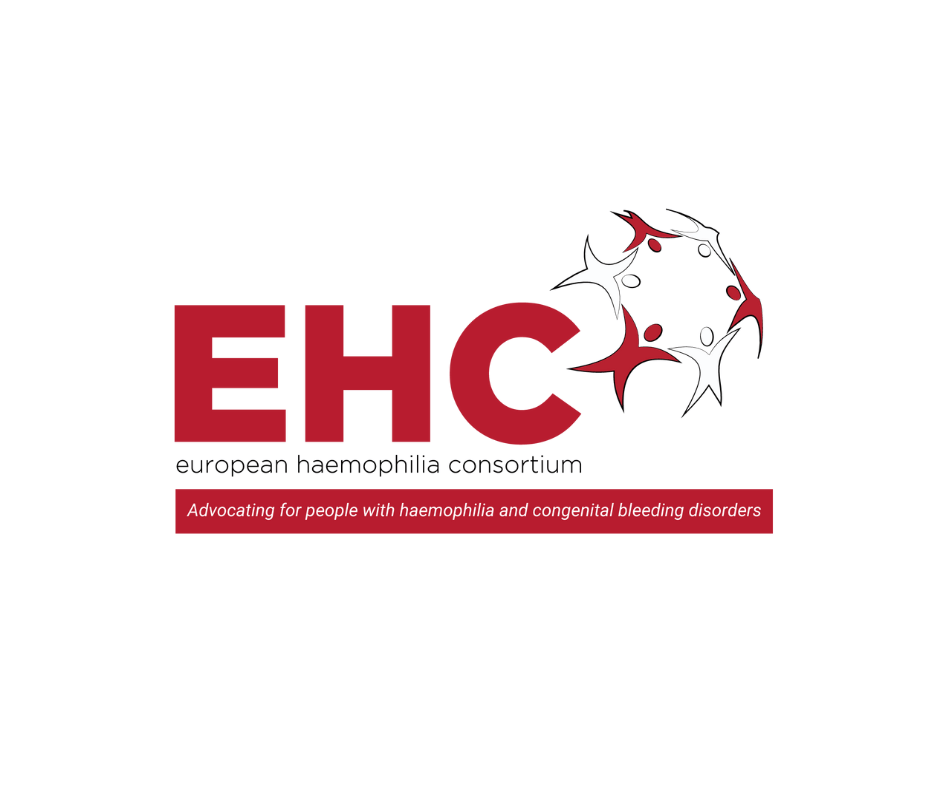About us
The European Haemophilia Consortium (EHC) is an international non-profit organisation representing 49 national patient organisations for people with rare bleeding disorders located in the World Health Organisation (WHO) European region, including 27 Member States of the European Union and most Member States of the Council of Europe.


Our mission
The EHC represents approximately 120.000 people diagnosed with rare bleeding conditions such as haemophilia, von Willebrand Disease (VWD), and other extremely rare bleeding disorders across Europe. However, experts estimate that many more live with an undiagnosed rare bleeding disorder.
The EHC actively supports its National Member Organisations (NMOs) at national and European levels, and also helps NMOs to engage with each other.
The EHC draws on the knowledge of patients, healthcare professionals, the scientific community, European institutions, and the pharmaceutical industry to share expertise within Europe. The EHC also collaborates closely with other European patient organisations to ensure a strong collective voice for people with rare bleeding disorders.
Our objectives
Improving the quality of life of people living with rare bleeding disorders
Improving diagnostic and treatment facilities

Ensuring the adequate supply of – and access to – safe therapies
Promoting patients’ rights and raising ethical issues
Following and influencing developments in European health policy
Understanding the status of treatment and care in member countries through regular surveys
Stimulating research in all fields related to haemophilia and related rare bleeding disorders

Disclaimers
The name “European Haemophilia Consortium (EHC)” and the EHC logo are the exclusive property of the European Haemophilia Consortium. Any use of the name or logo must receive prior approval from the EHC Steering Committee. This rule entails all forms of publication, including print and digital formats. Reprinting, redistribution, or translation of any EHC publication is subject to the permission request.
Requests for review and approval should be submitted to the EHC Communications Team at [email protected] in a timely manner.
Please note: Information and materials on this website are intended for general information only. The EHC does not endorse or promote any specific pharmaceutical organisation, drug or other medical intervention; any reference to a product name is not an endorsement by the EHC.
For any inquiries or additional information, please contact the EHC Communications Team at the email address provided above. If you find any inaccuracies on the website, please report them to us.
Our funding
The EHC needs funds to pursue its mission on behalf of people with rare bleeding disorders. The EHC NMOs pay an annual membership fee determined by the General Assembly. Besides, the EHC receives also external funding support from both public and private organisations.

Latest News

Work with us
Join our dynamic professional team based in Brussels, Belgium.
One position is currently available: Internship – Project Assistant (Youth Fellowship Programme)
Stay up-to-date with the latest EHC activities and events!










